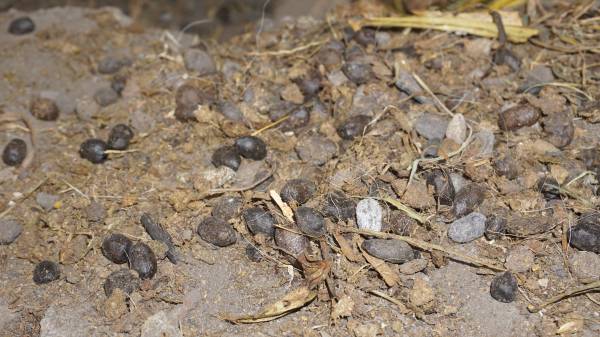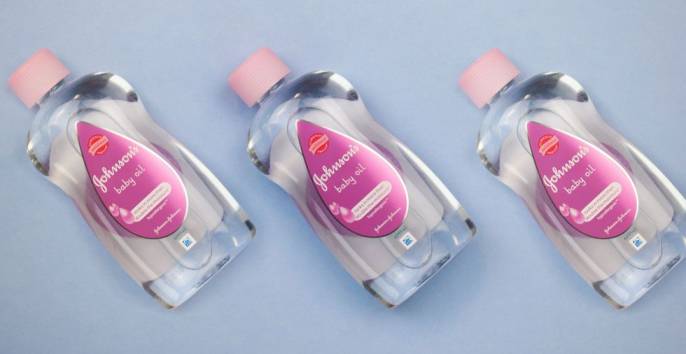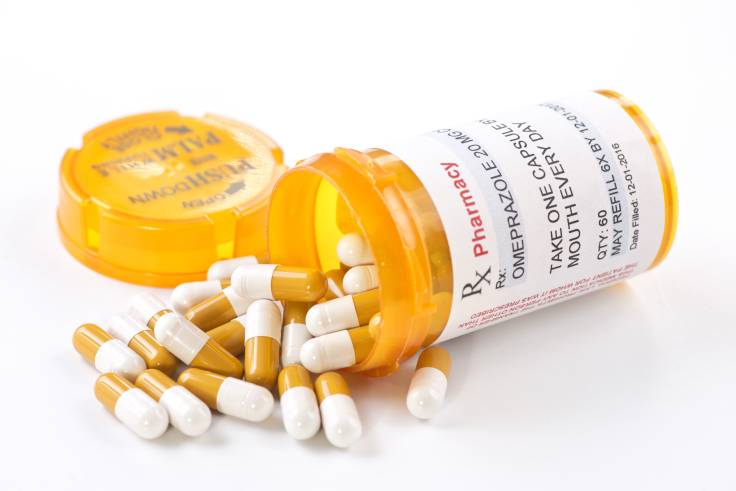Don’t you just enjoy peanuts? Those salted, roasted beauties taste so good as a snack. Plus they go with a variety of dishes! Who doesn’t love peanuts? Well, those who are allergic to them don’t love peanuts. Still others have a strong love of this wonderful nut!
Connect with a verified veterinarian in minutes. Licensed vets are available 24/7 to answer your questions. No need to worry about your furry family member.
But what about dogs? Can dogs eat peanuts?
Peanuts are Generally Safe for Dogs
You’ll be very happy to know that peanuts are generally safe for dogs! However, there are some things you need to know about letting your dog have too many peanuts.
For one thing, peanuts may contain high levels of salt. Salt is very bad for dogs and can even lead to sodium (salt) poisoning if eaten in large amounts. Salt poisoning can cause vomiting, diarrhea, loss of appetite, lethargy, inability to walk in a straight line, excessive thirst/urination, tremors, seizures, coma and even death.
Dog Peanut Allergy
When thinking about giving new dog food or dog treat to your pup, take time to think about potential impact on digestive system and how the combination dog peanuts could potentially lead to an allergic reaction. Dog’s digestive tract can be impacted by human foods specifically the ones with high fat content so take the time to check what your furry friend might not tolerate. When dog eat peanut shells, cashews or macadamia nuts it may impact dog’s health and you might consider more healthy snacks. Unsalted peanuts, and nuts without sweetener are certainly a better choice. Dog peanut butter is certainly a good alternative to not feed peanuts and avoid nut allergies for an occasional treat.
Some nuts may contain a small amount of niacin which has negative side effects for your dog, not only from peanuts but from pecans and pistachios as well. Small quantities are always recommended when giving a treat to your dog, try to avoid sugar substitute, and include healthy options in your dog’s diet like legumes containing vitamin b-6 so that your pooch lives long and healthy.
Peanuts, just like other nuts, contain high amounts of fat. While this is healthy fat, it can still cause problems in dogs such as an upset stomach, nausea, and even pancreatitis.
And in some cases, there are dogs who are allergic to peanuts. They can suffer from extreme itching, breathing difficulties, and more.
One more ingredient sometimes found in sweetened peanuts is xylitol, which is another known toxin for dogs.
In addition, peanut shells can cause health issues for dogs. Peanut shells are not toxic to dogs but can cause other health issues. The shells not only present a choking hazard, but they can also cause an intestinal blockage, which is a life-threatening medical emergency.
So, while peanuts are safe for dogs, you should never allow your dog to eat many peanuts. It can really make them sick.

Review symptoms, medications & behavior to keep your pets healthy with a Vet Online in just minutes.
Ask a Vet Live NowSymptoms of an Intestinal Blockage in Dogs
You may notice these symptoms if your dog has eaten a lot of peanut shells:
- Vomiting
- Diarrhea
- Constipation
- Loss of appetite
- Abdominal swelling/pain
- Bloating
- Burping
- Excessive drooling
- Lethargy
If you notice these symptoms, then call the vet immediately. This may be a life-threatening medical emergency.
Treatment for Intestinal Blockage in Dogs
At the vet’s, your dog will receive a physical exam and will probably need some lab work done. The vet may also require x-rays or other images to see if peanut shells are lodged in the dog’s intestines.
If it’s possible, the vet may try to remove the shells through an endoscopic procedure. Otherwise, your dog may require surgery to remove the blockage.
Prognosis is best for those dogs that receive prompt medical care.
So, it’s just not a good idea to let your dog have peanut shells. He can enjoy a few peanuts once in a while, but never allow him to have the shells.
Connect with a verified veterinarian in minutes. Licensed vets are available 24/7 to answer your questions. No need to worry about your furry family member.

Kyoko
Kyoko is from a family of 3 and moved to New York with her parents and siblings when she was 13. Kyoko is fond of spending a great amount of time with pets, specifically her beagle Luna and cat Missy. Her boyfriend often complains that she spends too much time giving attention to their animals. Kyoko has written dozens of articles concerning pets and is aiming at owning a pet shop one day!
Review symptoms, medications & behavior to keep your pets healthy with a Vet Online in just minutes.
Ask a Vet Live Now




